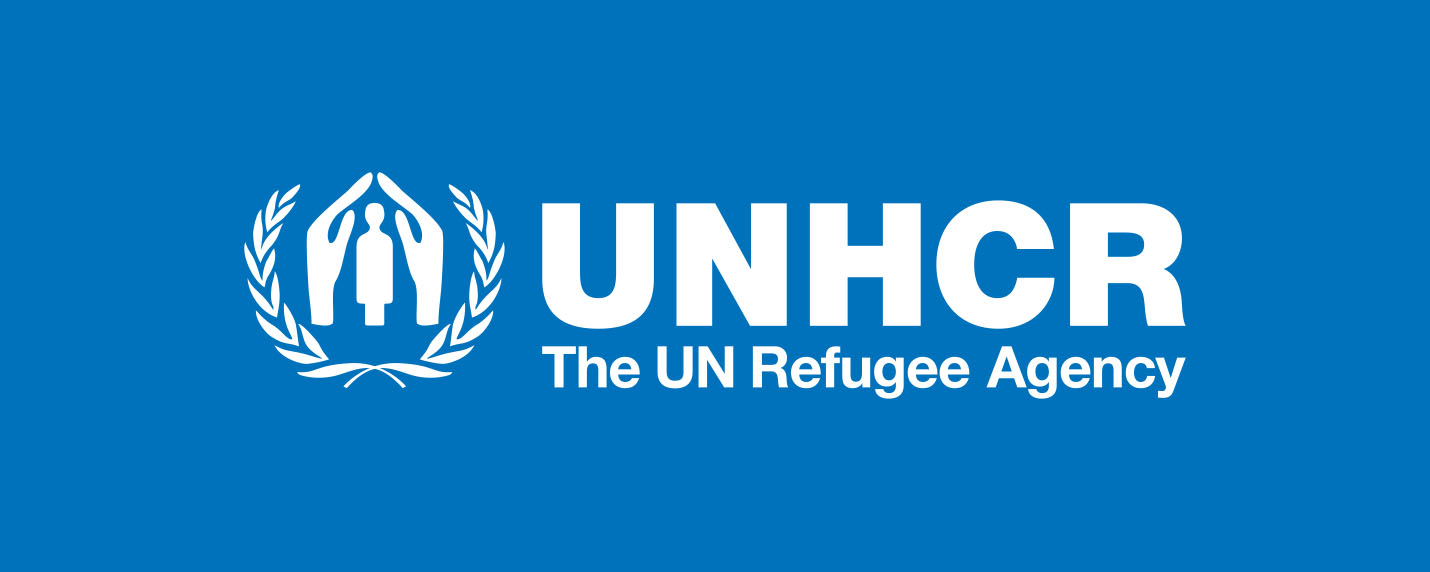Assistant Field Officer
FTAOrganizational Context
The Assistant Field Officer is normally supervised by the Snr Field Coordinator or Field Officer or Head of Sub-Office/Field Office depending on the structure of the Office. S/he may receive indirect guidance from other sections and units relevant to the country/regional programme(s). UNHCR Manual, programme and protection objectives, Operations Plans, UN and UNHCR financial/budgetary rules and regulations will guide the work of the incumbent.
The incumbent does not normally have any direct supervisory role. S/he has daily contacts with staff in the various field offices and with the functional units at the Country/Regional Office. S/he also has close liaison with a range of local civilian and military authorities and counterparts in NGOs and UN agencies to discuss matters of common interest.
Accountability
- UNHCR’s policies, standards and procedures are constantly and coherently applied in the area of responsibility (AoR).
- The needs of persons of concern in the AoR are assessed and analysed in a participating manner and using an Age, Gender and Diversity (AGD) perspective to form a firm basis for planning.
Responsibility
- Assess the needs of persons of concern in the AoR and formulate project submissions in collaboration with district authorities and implementing partners.
- Promote and monitor the implementation of assistance projects.
- Report regularly on rate of flow of new arrivals and estimate expected influx based on interviews with persons of concern.
- In co-ordination with implementing partners, assist with the reception, registration and provision of assistance to persons of concern to UNHCR.
- Keep track of cases of detention; register applicants for voluntary repatriation and family reunion.
- Assist in the preparation of monthly sectoral reports and submit material for preparation of periodic project monitoring reports and year-end reports.
- Undertake other relevant duties as required.
Authority
- Submit recommendation for protection interventions to the designated officer.
- Negotiate with local authority counterparts, partners and populations of concern.
Essential Minimum Qualifications and Experience
- Undergraduate degree (equivalent of a BA/BS) in Law, Political Sciences or related fields plus minimum 1 year of previous work experience relevant to the function. Graduate degree (equivalent of a Master’s) or Doctorate degree (equivalent of a PhD) may also be accepted.
- Knowledge of English and UN working language of the duty station if not English
Managerial and Cross-Functional Competencies
- Judgement and Decision Making
- Analytical Thinking
- Political Awareness
- Stakeholder Management
Desirable Qualifications & Competencies
- Field experience.
- Computer skills.
- Knowledge of refugee law.
- Good knowledge of UNHCR’s programmes.
- UNHCR Protection Learning Programme.
- UNHCR Operations Management Learning Programme.
- Knowledge of additional UN languages
Submission of Applications
This vacancy is open for qualified Ethiopians only.
Female candidates are encouraged to apply.
UNHCR is committed to diversity and inclusion within its workforce, and encourages all candidates, irrespective of gender, nationality, religious and ethnic backgrounds, including persons living with disabilities, to apply to become a part of the organization.
IMPORTANT
Applicants who wish to be considered for this position should send a motivation letter, the most recent factsheet and the new updated P11 Form through the online application system.
Candidates will be required to sit for a test.
Due to the volume of applications only short listed candidates will be invited for interview.
Former UNHCR General Service staff members, having held an Indefinite or FTA appointment for an uninterrupted period of at least one year may apply for internally advertised vacancies at their previous grade or equivalent or one grade above, if the seniority requirements are met, for a period of two years following separation.

